Tessa is an Interactive Web Developer here at Flying Cork Media. We talked to them about web development, the changing the perception of autism within the fields of technology and science, and speaking at World Information Architecture Day Pittsburgh.


What inspired you to pursue a career in interactive web development?
It was more out of necessity, I suppose. I went to college for Video Game Art and Design at the Art Institute of Pittsburgh and I wanted to be a programmer for video games. I loved developing the video game experience, the experience that users would have when they play video games. The market after college was tough, then I found my way into advertising agencies and web development there. And it’s really easy to get started because really all you need is Notepad and a browser to make a local website on your computer. But for a video game, you would need some kind of game engine to compile the code. There are definitely free versions, but it’s not as easy to get started.
What is your favorite part about working for Flying Cork?
Definitely the flexibility and understanding from management. I am disabled and I’m also a parent of a disabled child. Between the two of us, we have a lot of doctor appointments, therapies, and I personally need specific workplace accommodations for autism. Whenever I would email my supervisor or the President of Flying Cork with a request, they were never denied or questions; I was always met with empathy and, “how can we help you?” Flying Cork treats me like family and in return, I’ve been able to do some amazing and innovative stuff for our clients. In my experience, Flying Cork has been a model company for disability acceptance and inclusion.
How has autism affected your work?
One of the things that I tell people is that programming is my special interest. The term special interest holds a lot of weight in the autistic communities… If you’re familiar with The Big Bang Theory, everyone knows that Sheldon Cooper loves trains. You might say that trains are a special interest of Sheldon Cooper. For me, solving problems and programming itself, that’s my special interest. So [you could tell me] “I need you to do this [project]” and if I’m excited about it, I will just sit there for hours… I can effectively sit for 10-12 hours [straight] just [working on that project] because I love it that much and it holds my attention that much. It’s called hyperfocus. The world doesn’t exist and when I mean the world, I also mean myself. I don’t eat, I don’t drink, I don’t get up. I might change positions once in a while. And this comes [back to bite me] because I’ll be at the end of the day and I’ll be cranky or “hangry”. But it’s very good for my clients or my employer because they get a lot of productivity out of me, but not so much for my physical wellbeing or my family if they want to spend time with me. Balance is hard to manage for an autistic adult like me because I can feel stuck where I can’t focus on my home life if my brain is still hyperfocused on work, or any special interest for that matter.
In your talk at World Information Architecture Day Pittsburgh 2022, you stated that the tech industry is “perfect for an autistic person to thrive.” Can you speak more to that?
I’m trying to draw the parallel between the autistic brain and the computer. There are stereotypes that [autistic people] are very literal, cold, or unemotional… I’ve been called robotic before in daily society. It’s not [viewed as] a desirable thing, neurotypical people don’t want to be autistic… Parents might grieve if their child has been diagnosed with autism spectrum disorder. Or if you go for an assessment as an adult and try to get a diagnosis [the Doctor might say] “I don’t think you’re autistic, I think it’s just trauma and anxiety.” They try… to avoid giving you that label, they think that’s helpful to you because they think being autistic is inherently a bad thing. It’s just a neutral thing.
But when we look at the tech industries [and] science industries, these are desirable traits. You want something that is self-enclosed, something that is basically automatic and automated [like] self-driving cars, the autocomplete on your phone, [and] artificial intelligence. But all of those things are essentially autistic…. [Autistic people] are naturally thriving in these types of industries because we’re now going to a place where we’re seen as celebrated and desirable as opposed to “other.”
What is a Cork Popping Moment you’ve experienced while working at Flying Cork?
It would have to be in May of 2021. One of our client’s digital marketing team needed a way to complete their annual employee reviews entirely online so I worked with their Digital Operations Manager to create a custom solution that integrated with their HR department but was familiar enough with their current paper process so that it was intuitive. We got so much good feedback from people praising us on how easy it was to use and that they even preferred it to the usual process! Even if/when they’re back to being in-person for their one-on-one meetings, they may just continue using this platform we built because of how much they liked it. The Senior Manager on the project even designated me as the “Epitome of Process Improvement.” I think I’m going to make that my LinkedIn headline.

